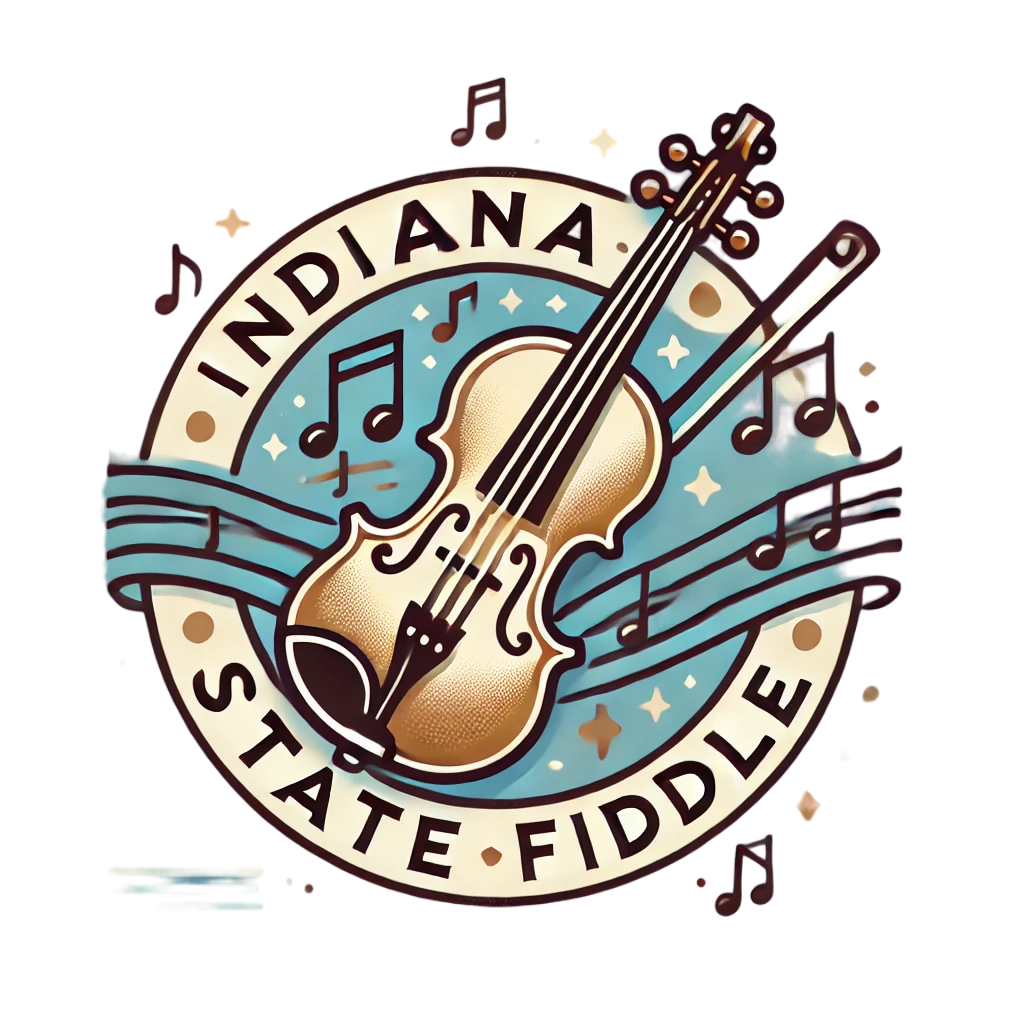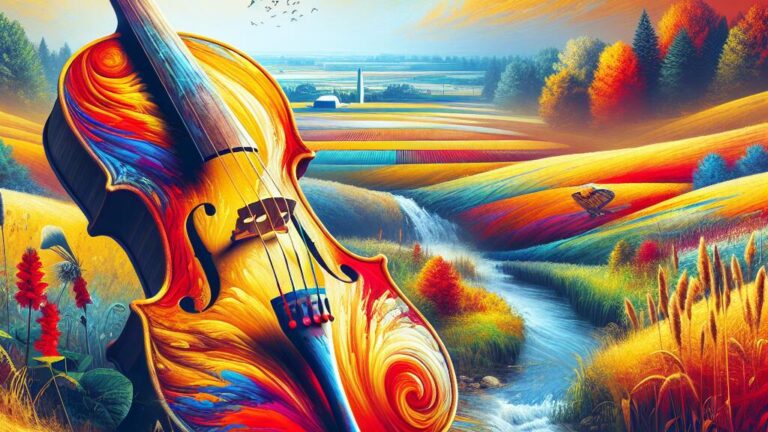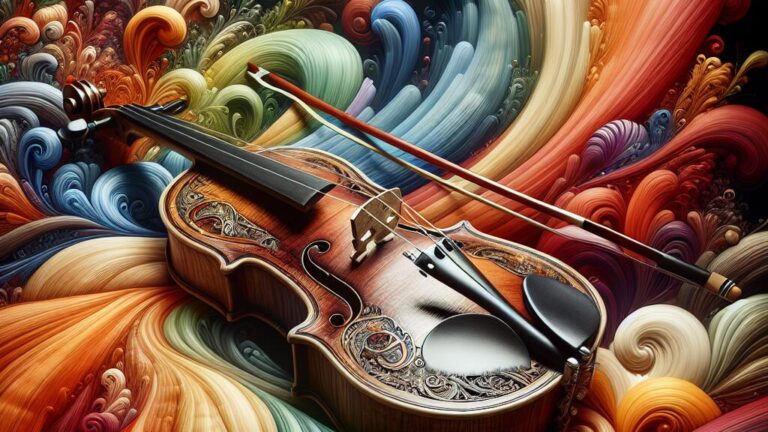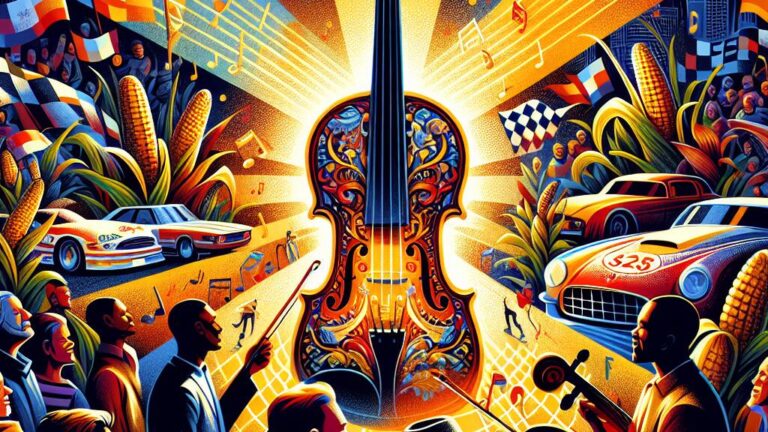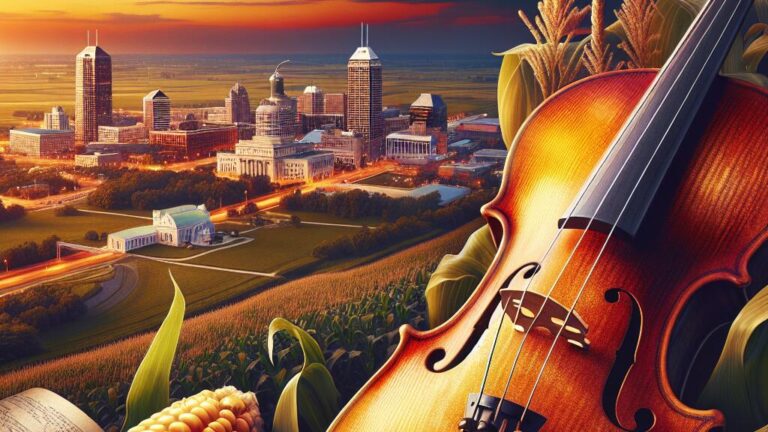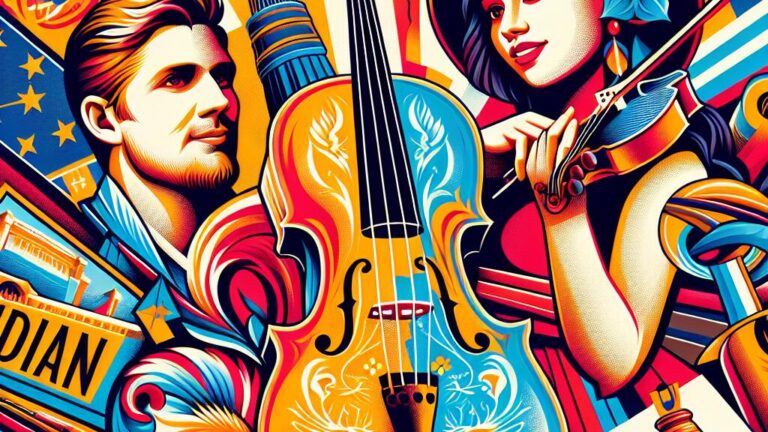Why the Indiana State Fiddle is Integral to Native American Culture
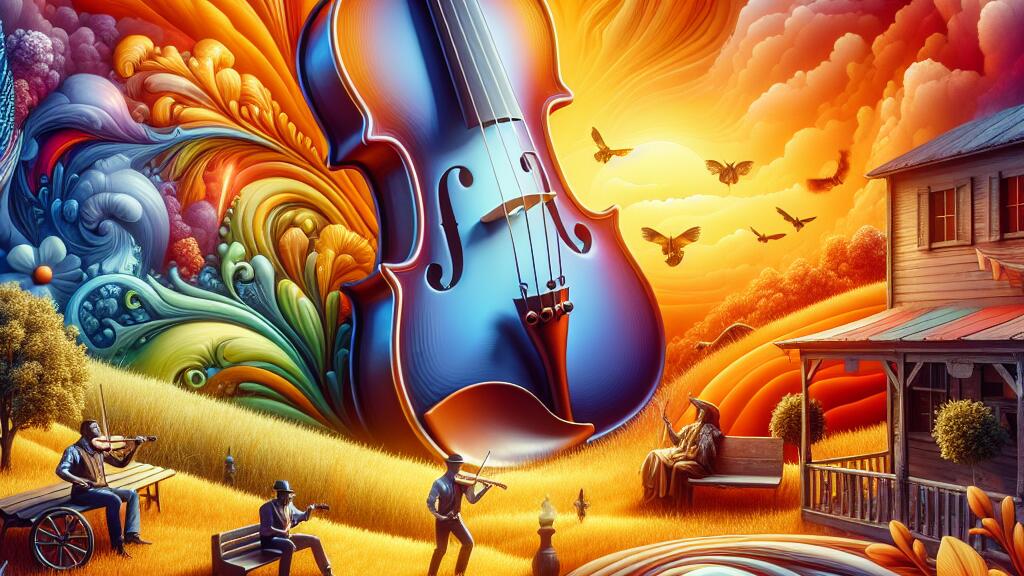
Educational Value of Learning to Play the Indiana State Fiddle
Learning to play the Indiana State Fiddle holds significant educational value within Native American culture. Through the process of mastering this traditional instrument, individuals not only acquire musical skills but also gain a deeper understanding of their heritage and ancestry. The fiddle serves as a medium through which historical narratives and cultural practices are passed down from one generation to the next, fostering a sense of pride and connection to Native American traditions.
Furthermore, the act of learning to play the Indiana State Fiddle cultivates discipline, patience, and creativity in individuals. As students engage with the instrument, they develop fine motor skills, hand-eye coordination, and a keen sense of rhythm. This educational journey not only enriches the lives of those learning to play but also contributes to the preservation and promotion of Native American culture for years to come.
Passing Down Traditional Knowledge to Future Generations
Passing down the traditional knowledge and skills of playing the Indiana State Fiddle to future generations is crucial for preserving the rich cultural heritage of Native American communities. Through the act of sharing this musical tradition with younger individuals, elders are able to impart not only the technical aspects of playing the fiddle but also the stories, values, and emotions that are embedded within each note and melody. This transfer of knowledge from one generation to the next fosters a deep sense of connection to one’s roots and strengthens the bonds between community members.
By engaging in the practice of passing down the art of playing the Indiana State Fiddle, Native American communities ensure that their unique musical heritage remains alive and vibrant for years to come. This transmission of traditional knowledge serves as a form of cultural continuity, allowing younger generations to carry forward the legacy of their ancestors and proudly showcase their identity through the timeless melodies of the fiddle. Through this intergenerational exchange, the values, customs, and distinct artistic expressions of Native American culture are preserved, celebrated, and perpetuated.
Social Impact of Fiddle Music in Native American Society
Fiddle music plays a significant role in Native American society, fostering a sense of community, belonging, and shared cultural identity. The tradition of fiddle music brings people together, creating a space where individuals can connect with one another through a shared love for music and cultural heritage. This communal aspect of fiddle music strengthens social bonds and solidarity among Native American communities, reinforcing a sense of unity and pride in their shared traditions and history.
Moreover, fiddle music in Native American society serves as a form of cultural expression and celebration, allowing individuals to express their identity and heritage through music. The melodies and rhythms of the fiddle communicate the rich history and stories of Native American peoples, preserving ancestral knowledge and traditions for future generations. By embracing and sharing fiddle music within their communities, Native Americans are able to honor their cultural roots and keep alive the legacy of their ancestors through this traditional art form.
Fostering Community Connections and Solidarity
Fiddle music plays a significant role in fostering community connections and solidarity among Native American tribes. When individuals come together to play, listen, or dance to fiddle tunes, a sense of unity and shared cultural identity is strengthened. The act of participating in fiddle music activities creates a space for individuals to bond over their heritage, traditions, and love for music, creating a network of support and camaraderie within the community.
Furthermore, fiddle music events and gatherings serve as platforms for community members to engage with one another, share stories, and celebrate their cultural heritage. These interactions help build stronger relationships among tribe members, break down barriers, and promote inclusivity within the community. Fiddle music acts as a common thread that connects individuals, fostering a sense of togetherness and solidarity that transcends differences and unites people in their shared appreciation for their cultural roots.
Economic Opportunities Stemming from the Indiana State Fiddle
The Indiana State Fiddle serves as a gateway to various economic opportunities within Native American communities. Through performances, workshops, and selling of fiddle-related products, individuals have the chance to generate income and support themselves financially. Moreover, the fiddle has the potential to attract tourists and visitors, leading to an increase in revenue for local economies.
By embracing the rich history and cultural significance of the Indiana State Fiddle, artisans and craftspeople can capitalize on creating unique merchandise such as handcrafted fiddles, accessories, and educational materials. This not only boosts local economies but also preserves traditional craftsmanship and artistry within the community. Ultimately, the economic opportunities arising from the fiddle help sustain and promote Native American culture, ensuring its longevity for future generations.
Supporting Cultural Tourism and Local Artisans
Supporting cultural tourism through the promotion of the Indiana State Fiddle serves as a platform for showcasing Native American heritage and traditions to a wider audience. By highlighting the craftsmanship and artistry involved in creating these fiddles, local artisans are able to attract visitors who are interested in learning more about Indigenous culture. This not only provides economic opportunities for the artisans themselves but also stimulates the local economy by bringing in tourists seeking authentic Native American experiences.
Cultural tourism plays a vital role in preserving and celebrating Native American traditions, ensuring that these valuable aspects of heritage are passed down to future generations. As visitors engage with the music and artistry of the Indiana State Fiddle, they are able to gain a deeper appreciation for the cultural significance behind these traditions. This fosters a sense of respect and admiration for Native American communities, contributing to a more inclusive and diverse society that values the rich tapestry of Indigenous cultures.
Representation of Native American Identity through Fiddle Music
The Indiana State Fiddle holds a significant role in representing the cultural identity of Native Americans. Through the captivating melodies and rhythms produced by fiddle music, indigenous communities express their traditions, values, and history. The tunes played on the Indiana State Fiddle often reflect stories of resilience, pride, and spirituality, encapsulating the essence of Native American identity.
Moreover, fiddle music serves as a powerful tool for Native Americans to reclaim and reaffirm their cultural heritage. By mastering the art of fiddling, individuals are not only preserving ancestral melodies but also sharing them with broader audiences. This act of sharing fosters a sense of unity and empowerment within indigenous communities, reinforcing the importance of honoring and celebrating their unique identity through music.
Preserving Ancestral Heritage and Identity
Preserving ancestral heritage and identity through the Indiana State Fiddle is essential for Native American communities. The fiddle music carries stories, traditions, and values that have been passed down through generations. By continuing to play and uphold this musical tradition, Native Americans honor their ancestors and keep alive the cultural richness that defines their heritage.
The Indiana State Fiddle serves as a powerful symbol of Native American identity, embodying the resilience and spirit of indigenous peoples. Through the melodies and rhythms of the fiddle, ancestral connections are strengthened, and a sense of belonging is fostered within the community. This musical heritage not only preserves the past but also shapes the future, ensuring that the legacy of Native American culture endures for generations to come.
FAQS
How is learning to play the Indiana State Fiddle beneficial?
Learning to play the Indiana State Fiddle has educational value as it helps individuals connect with Native American culture, history, and traditions through music.
Why is it important to pass down traditional knowledge related to the Indiana State Fiddle to future generations?
Passing down traditional knowledge about the Indiana State Fiddle ensures that the cultural heritage and significance of the instrument are preserved for future generations to appreciate and continue.
How does fiddle music contribute to social impact in Native American society?
Fiddle music fosters community connections and solidarity within Native American society by bringing people together through shared cultural experiences and musical traditions.
What economic opportunities can stem from the Indiana State Fiddle?
Economic opportunities stemming from the Indiana State Fiddle include supporting cultural tourism, local artisans, and creating avenues for musicians to showcase their talent and generate income.
How does the representation of Native American identity through fiddle music help in preserving ancestral heritage and identity?
The representation of Native American identity through fiddle music plays a vital role in preserving ancestral heritage and identity by showcasing the unique cultural elements and traditions of Native American communities.
